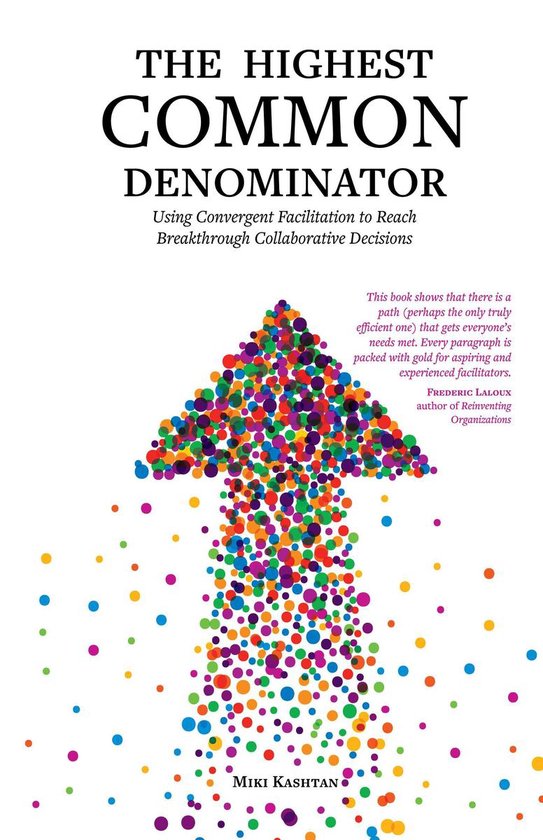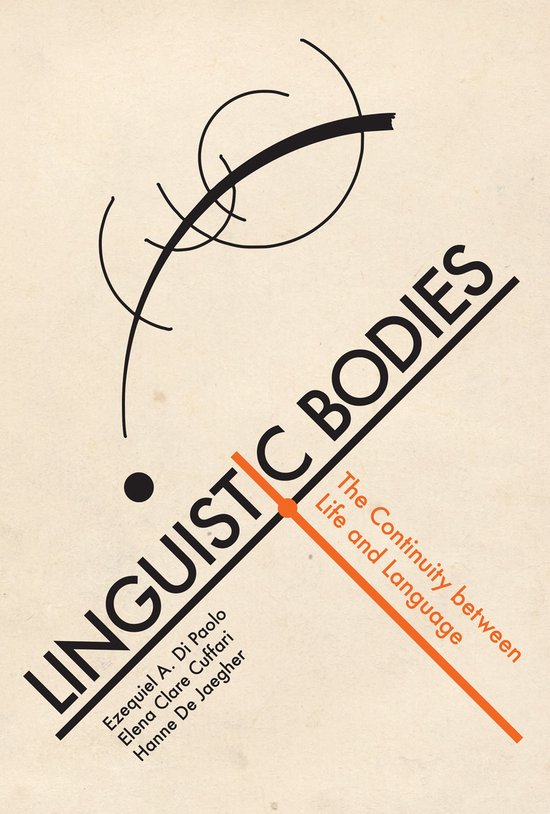The highest common denominator

Direct beschikbaar
What if people -- even longtime enemies -- could transform conflicts into creative dilemmas they feel motivated to solve together in an atmosphere that builds connection and trust? What if employees could leave a meeting empowered and with a joint sense of purpose? What if the positive changes community activists are working so hard to see in the world could have a lasting impact? The traditional ways we make decisions are flawed. Majority rule, top-down orders, compromise, and consensus lead to people feeling disconnected, drained of energy, and unsatisfied. "THE HIGHEST COMMON DENOMINATOR: Using Convergent Facilitation to Reach Breakthrough Collaborative Decisions" presents a better way to make decisions using Convergent Facilitation, the method Miki developed after years of working with groups in a variety of settings. Miki posits that collaborative decision-making, where people feel heard and their needs respected in a structured and trusting environment, maximizes willingness and efficiency for all. This can lay the ground for breakthroughs for groups working on challenges, allowing decisions to be made at lightning speed. The process includes three phases that can bring groups to outcomes that are profoundly collaborative and genuinely supported by all. THE HIGHEST COMMON DENOMINATOR gives readers examples, tools, and processes to implement Convergent Facilitation. It includes vivid case studies and practical examples to explain how to guide people towards solutions that integrate everyone's needs and concerns and don't require compromise; provides tips on how to keep people on track with the task at hand; and encourages facilitators to invite dissent and engage with it productively. One case study explores the revision of child custody laws in Minnesota. Lawmakers had been struggling for years to write new legislation that would satisfy stakeholders. When Miki began working with them, many regarded each other with deep mistrust and believed no new laws could be created. The process ended with the creation of legislation that was passed near-unanimously by the state legislature. One of the participants later described it as "a transformative experience." In workplace settings, Miki explores how companies can truly achieve a collaborative culture, where employees feel heard and are motivated. Stuart Thorn, retired President and CEO of the Southwire Company, wanted to achieve a truly collaborative culture for his multi-billion-dollar company, all the while he was experiencing friction between division managers and leadership. After bringing Miki in personally to bring his own team toward convergence, he reflects that after reading THE HIGHEST COMMON DENOMINATOR, "I can see that her ability to draw out insights about the inner workings of organizations is not effortless at all, but rather based on a very conscious, thoughtful, and deliberate approach carefully developed over many years of practice and experimentation. This is good news. It means that Miki's skills are transferable." The procedures described in this book can be used in any kind of setting--from grassroots social change movements to village councils to corporate boardrooms--where people are having trouble collaborating effectively in a group, which is almost everywhere. With the mounting social, political, and environmental problems of our times, harnessing a group's energy for effective action is essential. And yet many people drift away from organizations they care about due to their inability to sit through meetings--where tensions may remain unresolved, power differences are not addressed, and solutions that work for all do not seem available. Ultimately, this book is not just about working with groups. It is an entire re-examination and affirmation of the human heart. Facilitation involves transparency on the part of the one leading it, as well as a deep faith and hope in how even impossible-seeming differences can transform into unity.
- 1 Bekijk alle specificaties



Taal: en
Bindwijze: E-book
Oorspronkelijke releasedatum: 01 januari 2021
Ebook Formaat: Adobe ePub
Hoofdauteur: Miki Kashtan
Hoofduitgeverij: Bookbaby
Lees dit ebook op: Desktop (Mac en Windows)
Lees dit ebook op: Kobo e-reader
Lees dit ebook op: Android (smartphone en tablet)
Lees dit ebook op: iOS (smartphone en tablet)
Lees dit ebook op: Windows (smartphone en tablet)
Studieboek: Ja
EAN: 9780990007364